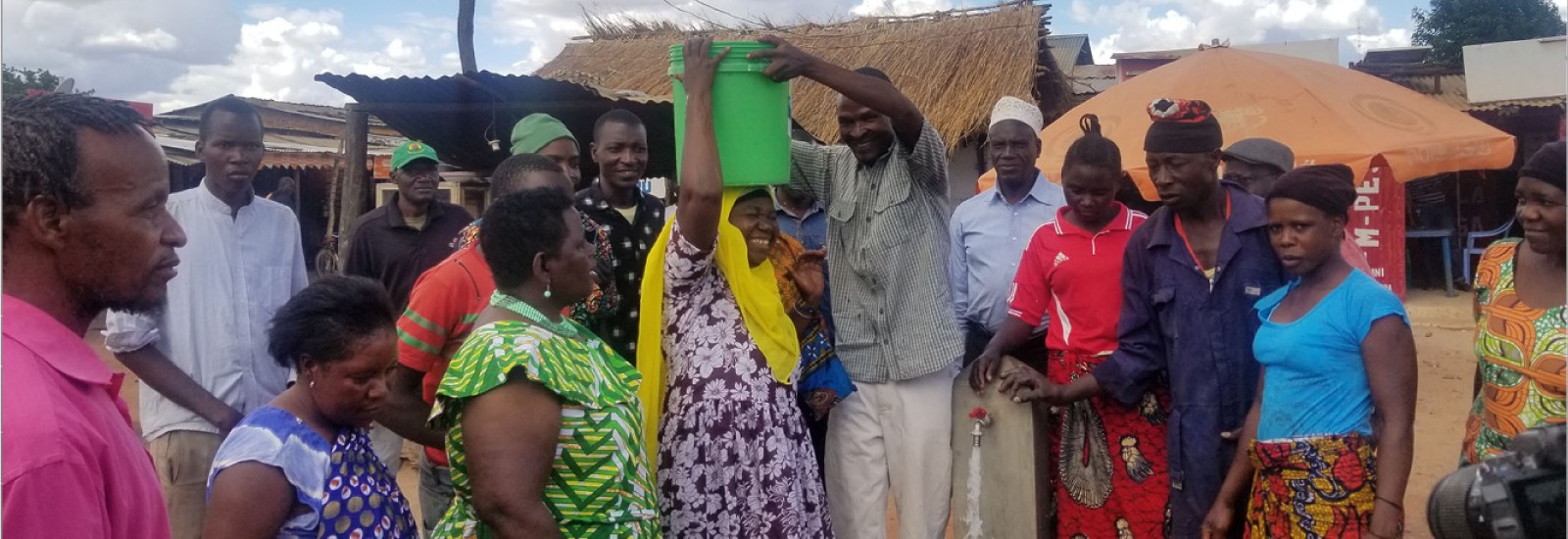The John D. and Catherine T. MacArthur Foundation today unveiled The Ohio State University Global Water Institute as one of the highest-scoring proposals in its 100&Change competition for a single $100 million grant to help solve one of the world's most critical social challenges.
Lack of clean water, secure food sources, hygiene and sanitation has resulted in poverty, malnutrition and disease for over 540 million people in sub-Saharan Africa. An Ohio State-led consortium has successfully piloted a comprehensive systems solution in response to this pervasive problem. From solar-powered wells and agricultural training to sanitation improvements, their Sustainable Village Water System model seeds economic empowerment and promotes health and wellness at the local level. They have proposed expanding this proven model from dozens of rural villages to 250 across Tanzania and neighboring countries.
“This top 100 distinction not only brings attention to the critical need for reliable access to clean water in Tanzania, but also serves as recognition of an innovative, sustainable systems model that has the potential to meet the most basic of human needs while transforming the trajectory of communities for generations,” said Global Water Institute Executive Director Marty Kress. “Our model exists and thrives through deep partnerships at the local level and with strong support of the Tanzanian government. We are grateful to the MacArthur Foundation for shining a spotlight on this important work.”
The 100 proposals represent the top 21 percent of competition submissions. The proposals were rigorously vetted, undergoing MacArthur’s initial administrative review, a peer-to-peer review, an evaluation by an external panel of judges, and a technical review by specialists whose expertise was matched to the project.
Each proposal was evaluated using four criteria: impactful, evidence-based, feasible, and durable. MacArthur’s Board of Directors will select up to 10 finalists from these high-scoring proposals this spring.
Learn more about the Global Water Insitute's MacArthur $100M grant
